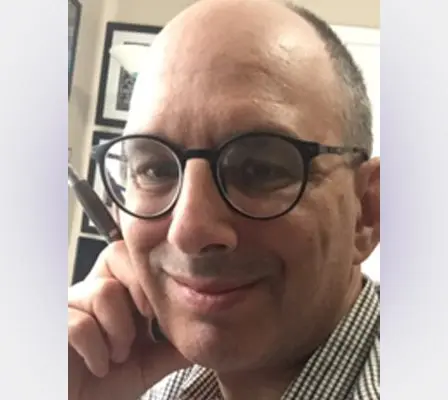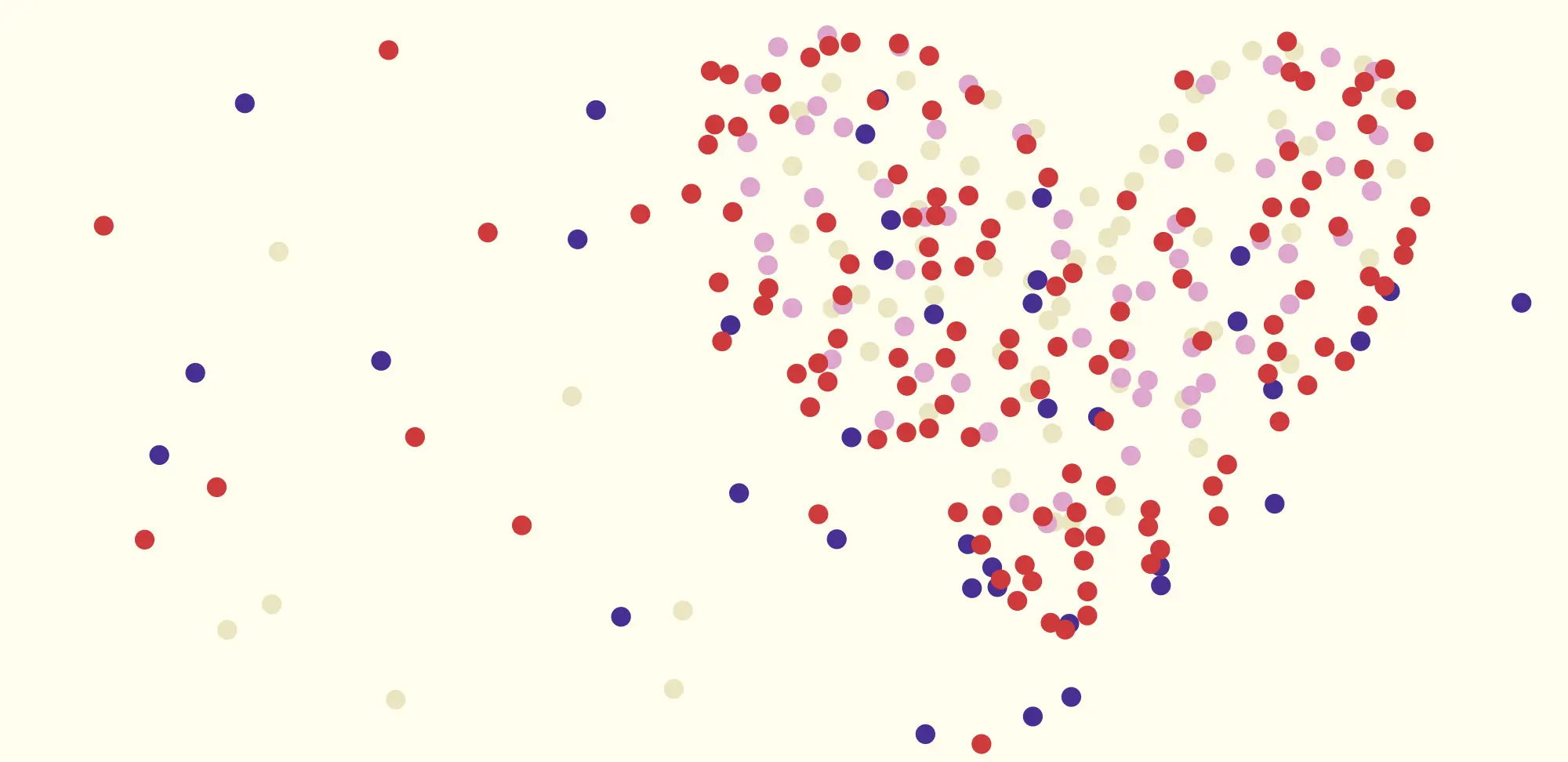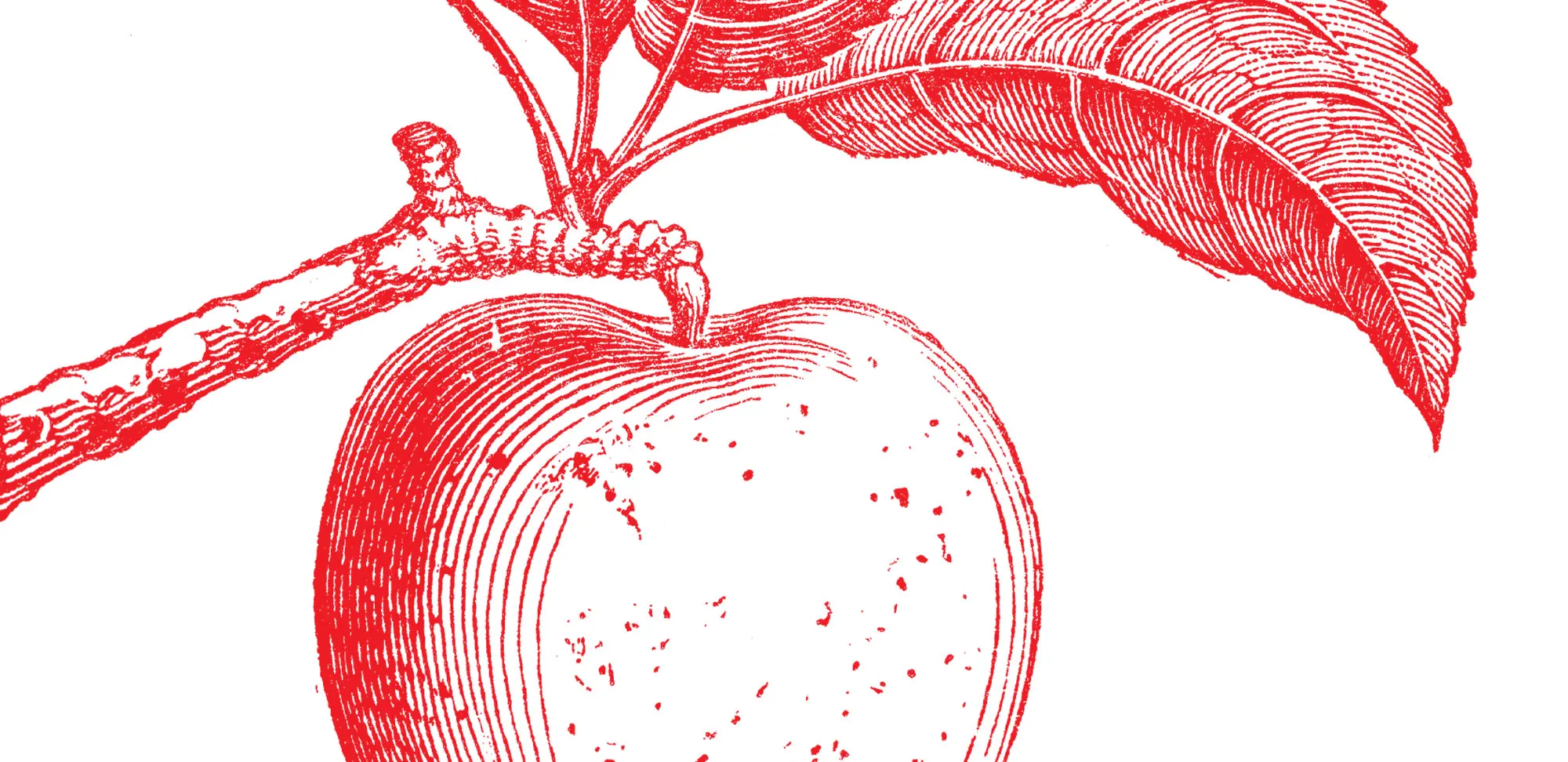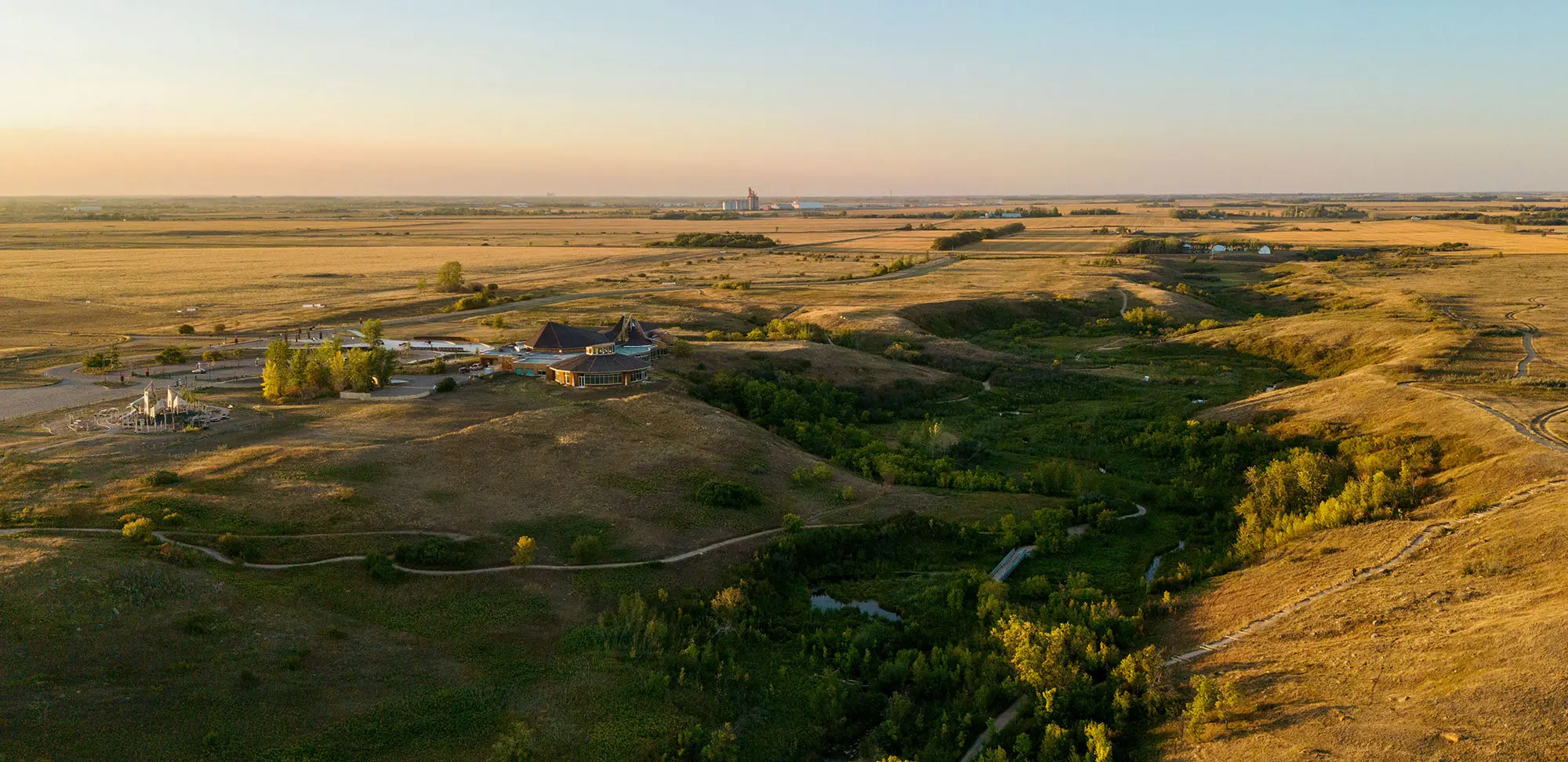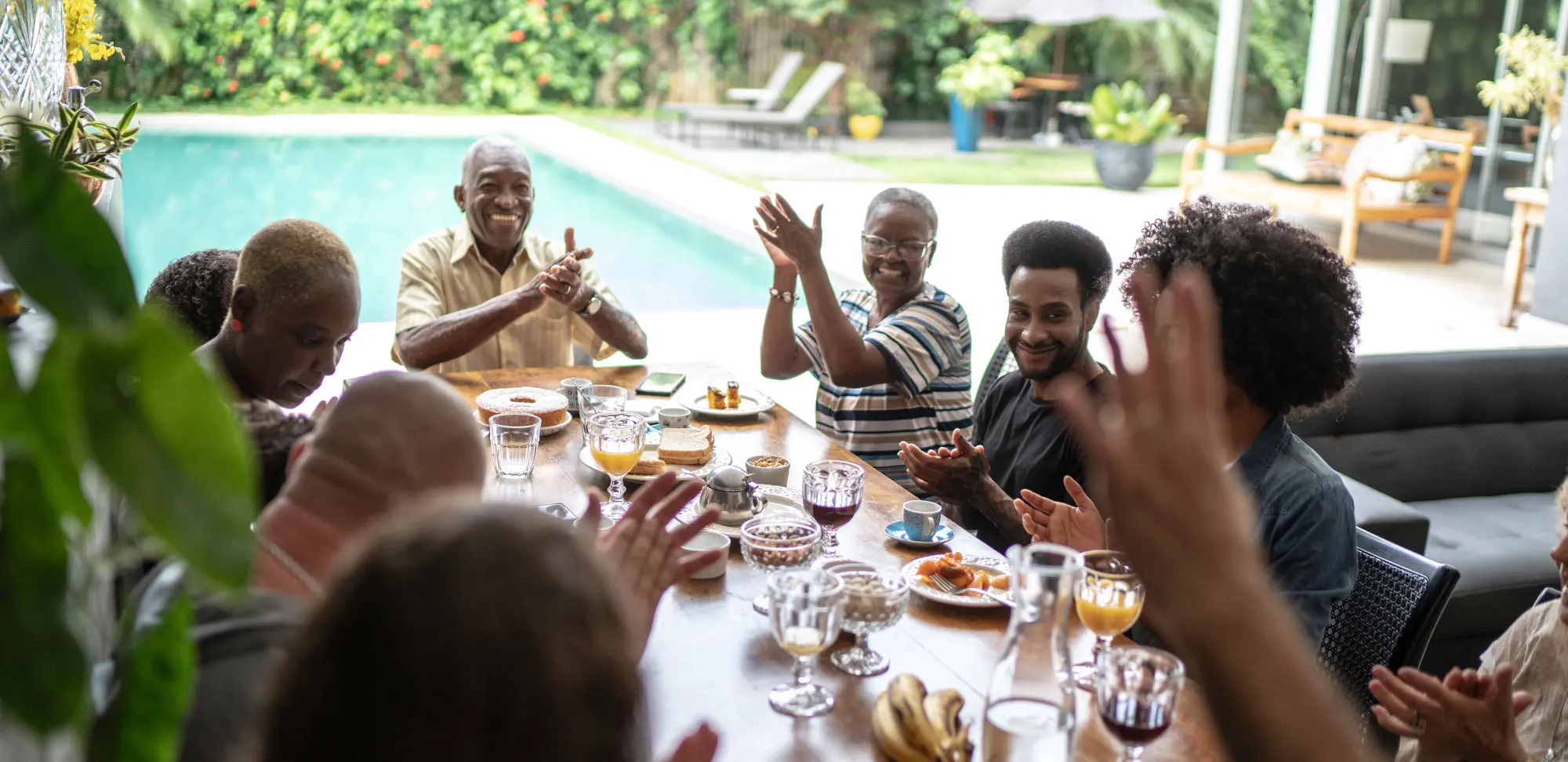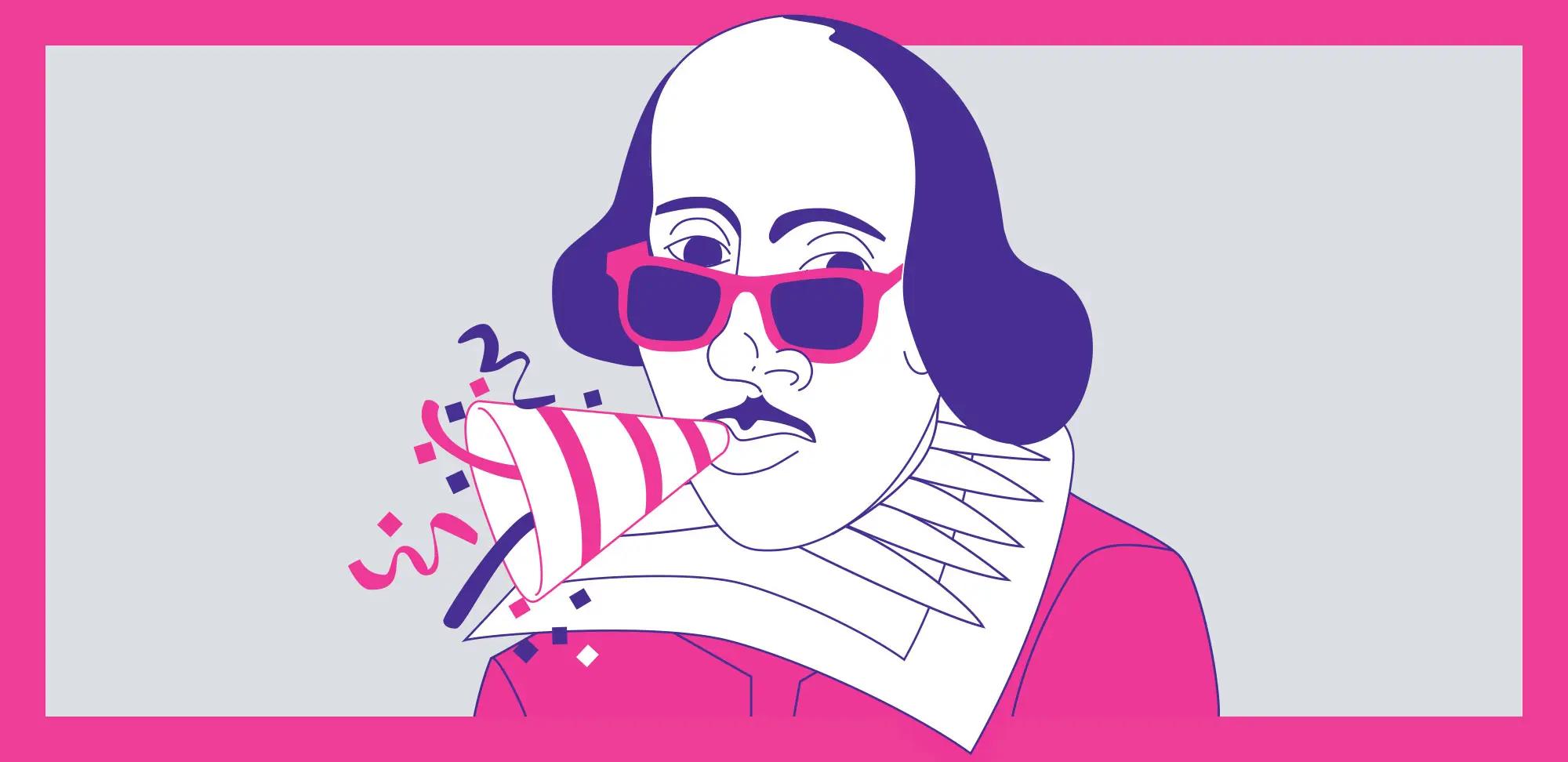During her 35 years as a wealth advisor, Susan Latremoille helped people plan for retirement. The focus was on financial security. But as her clients entered this new stage of life, Latremoille realized, they often faced another key issue.
“Many clients had the money to retire but struggled with ‘Who am I now?’” she says.
After she retired, Latremoille “stumbled around,” then became a partner in a new venture called Next Chapter Lifestyle Advisors (nextchapterlifestyleadvisors.com). Now, she helps people make the most of their retirement by figuring out their priorities and motivations.
Latremoille prefers the term “rewire” to “retire,” calling this a time of rediscovery.
Shedding the skin of a career isn’t always easy. When people ask adults “What do you do?” or ask children “What do you want to be when you grow up?” the questions aren’t about personal values, family life or hobbies. They’re about careers.
“So much of our identity and self-worth is wrapped up in our jobs. That’s a big part of how we think of ourselves,” says Latremoille, a co-author of Thriving Throughout Your Retirement Transition.
When we’re measured by what we do, that typically means paid work. “It’s just in our culture,” says Michelle Silver, an associate professor in the University of Toronto’s Department of Health and Society and author of Retirement and Its Discontents.

Many of us place a premium on our work identity. Sure, we find fulfillment in lots of other things we do, but work often provides the big basket of gratification. And no wonder: All in one place we find meaning, pride, structure, a social network, clear tasks and objectives, and validation from others. We feed on that eight or more hours a day, week after week, year after year, for decades.
“Ego plays a big role, too,” says Anna Harvey, a retirement transition specialist in Victoria, B.C. “We’re contributing in a way that’s so valuable that people are willing to pay us.”
Life milestones can spark a “What now?” reset — but perhaps the biggest push comes when that title disappears, we stop practising a profession, or our business card is no longer our calling card.
“We usually don’t do this kind of self-reflection until we’re pushed,” says Harvey.
Silver, who studies perceptions about aging and retirement, says retirees are often viewed as less useful. She has interviewed people who said their retirement parties felt like funerals. Retirement is a personal experience but also a social phenomenon. “And society tends to be incredibly ageist,” she says.
Not everyone suffers an identity crisis when they retire. But regardless, retirement offers a perfect opportunity for some soul-searching. Who are you, and what do you want to be as you keep growing up?
A sense of purpose
“Baby boomers have always challenged the status quo, and retirement is no different,” says Jennifer Rovet, a certified retirement coach in Toronto. “They don’t want the same type of retirement their parents or grandparents had.”
So what do they want?
A recent report from investment dealer Edward Jones and Age Wave, a consulting firm focused on the effects of an aging population, drew on a survey of 9,000 adults in Canada and the United States. Four factors make this a new era of retirement, the report says:
• People are living longer.
• There are more retired people than ever, and that number will only grow.
• Today’s retirees want to be more active and engaged.
• They find more ways than any previous generation to shape retirement to suit their needs and expectations.
Among the Canadians surveyed, just 25 per cent saw retirement as a time for rest and relaxation. Twice as many — 51 per cent — saw it as a new chapter. Another 19 per cent felt retirement would be a continuation of what life was, while 5 per cent saw it as the beginning of the end.
To live well in the new retirement, the study identified four interrelated pillars: health, finances, family and purpose.
“Who you are might be who you’ve always been; now you have the time to
make the most of it.”
The state of physical and financial health makes many pursuits possible. But as the report notes, social relationships and a sense of purpose can dramatically affect health. Family is often the greatest source of purpose. Health-care costs are a financial worry. And financial stress can have an impact on health.
Of the four pillars, purpose might have the most power. Retirees with a strong sense of purpose are not only happier, they also live longer, according to one study that followed 7,000 seniors for more than a decade.
In the Edward Jones/Age Wave survey, Canadian retirees tied purpose to spending time with loved ones, giving back, doing interesting things, meeting goals and having fun.
Another, more philosophical, answer stood out: Seven in 10 people surveyed said a source of purpose is being true to yourself. So, back to the big question: Who are you?
“Retirement can be exciting. For the first time, you have the time and resources to do what you want, with others and on your own, to create and find that new identity,” says Rovet.
And you should. A 2021 study published in the International Journal of Aging and Human Development looked at the experience of Canadian retirees. It said having a balanced identity when encountering age-related change is associated with higher levels of physical and psychological well-being.
Writing your story
Feeling uncertain of who we are after we finish working can be uncomfortable.
“We hold a story of who we are in our mind and don’t want to rock that boat,” says Harvey.
Kathryn Fahey, an executive and retirement transitions coach in Kelowna, B.C., adds, “The word ‘purpose’ scares people. We forget it’s just something that provides meaning to you.”
Purpose needn’t be some grand pursuit. Rediscovering a long-lost passion, caring for grandkids, volunteering, starting a new career or part-time job, connecting with people or causes, doing kindnesses — purpose isn’t one thing, and can be anything.
Latremoille says you need to find your “big P” and “little p” purposes; they all count.
What makes for a meaningful retirement was the theme of an RTOERO white paper called 5 Ways to Think about Retirement Planning … and Money Isn’t One of Them. It
noted that the two most common questions when planning for retirement are “How much money do I need?” and “How long will it last?” (You can download the white paper
at rtoero.ca/5-ways-to-think-about-retirement-planning.)
“The answer to the first depends on lifestyle and the second on how long you’ll live. But the real million-dollar questions don’t require a calculator. They’re deeper, about how you want to spend time, not money,” the paper stated.
To answer “Who am I?” the paper suggested asking yourself other questions instead:
• What new contributions can I make?
• Are there new things I want to learn about?
• What new experiences do I want to pursue?
• Which relationships do I want to focus on and grow?
• If I never got around to it, what would I regret not doing or trying?
• What impact am I having on the people and world around me?
• What am I really good at?
• How do I want to be the boss of my time?
• What’s my number one goal right now?
The things you’ve always loved or been drawn to, says Harvey, are the “bread crumbs” that mark the trail. Who you are might be who you’ve always been; now you have the time to make the most of it.
Another approach is to imagine (or even write) your own eulogy, says Stefa Katamay, a life transition consultant in Victoria, B.C. “We don’t spend enough attention living our lives according to how we want to be remembered,” she says. Work backwards from there, to warrant the eulogy you want.
The picture painted by the retirement industry of a life of leisure is merely one aspect of a happy retirement, and can get tired fast, says Latremoille. So create your own retirement identity.
Even calling yourself “retired” may not be a useful identity to embrace, says Katamay. Looking at its roots, the word “retire” literally means to retreat and withdraw to a place of seclusion. That doesn’t describe the realities of this stage. When work ends, the answer to “What do you do?” isn’t “retired.”
“It doesn’t tell anyone who you are. It’s just a state of being,” Katamay says.
So who are you? In retirement, or any time of life, Katamay prefers considering the Spanish question “A que tú dedicas?”: To what do you dedicate yourself?
“What do you stand for? What gets you out of bed? What drives you forward? This whole business of what do you do — a societal shift needs to happen,” says Katamay. “Having something to do isn’t the same as having a sense of purpose.”

